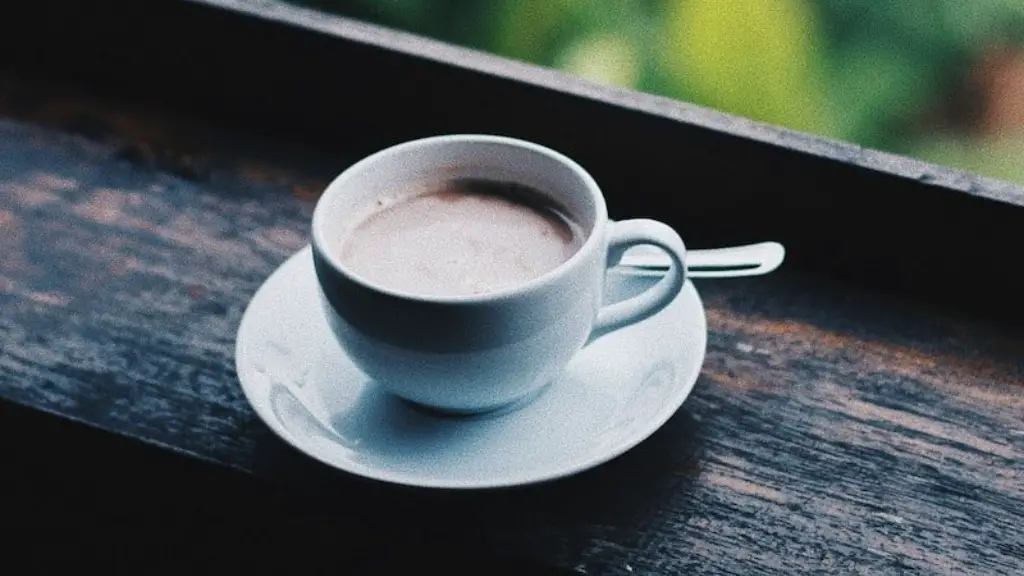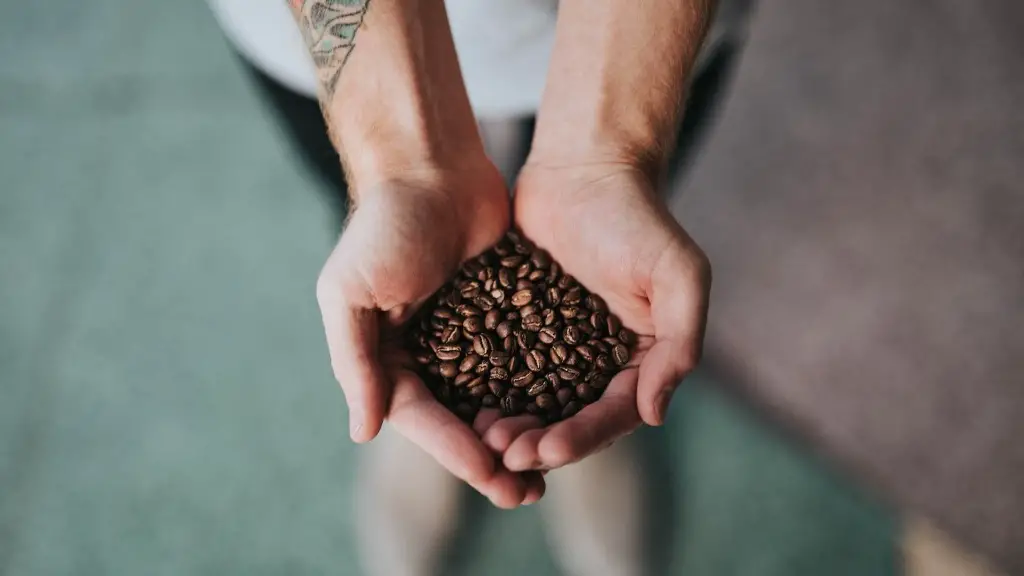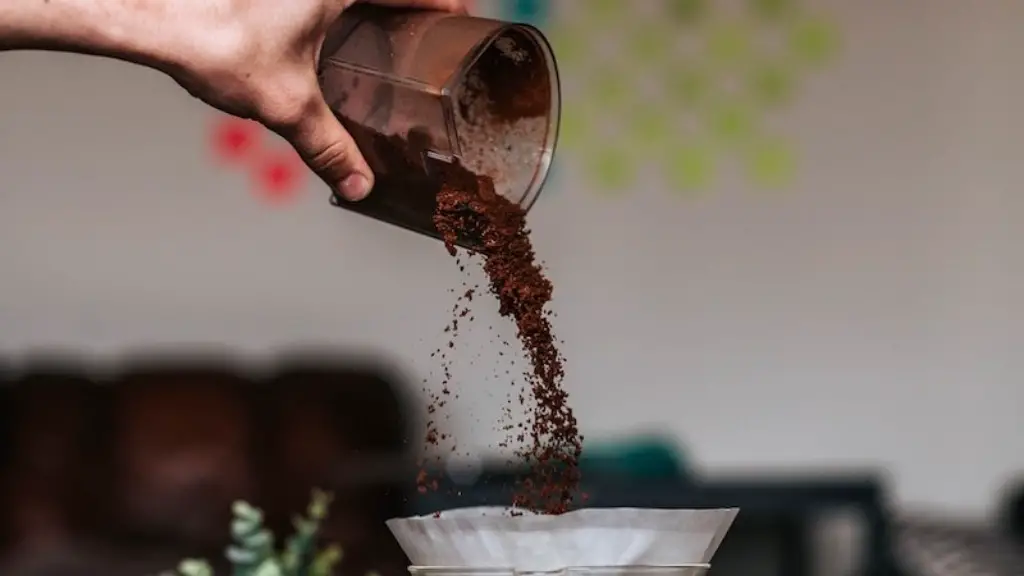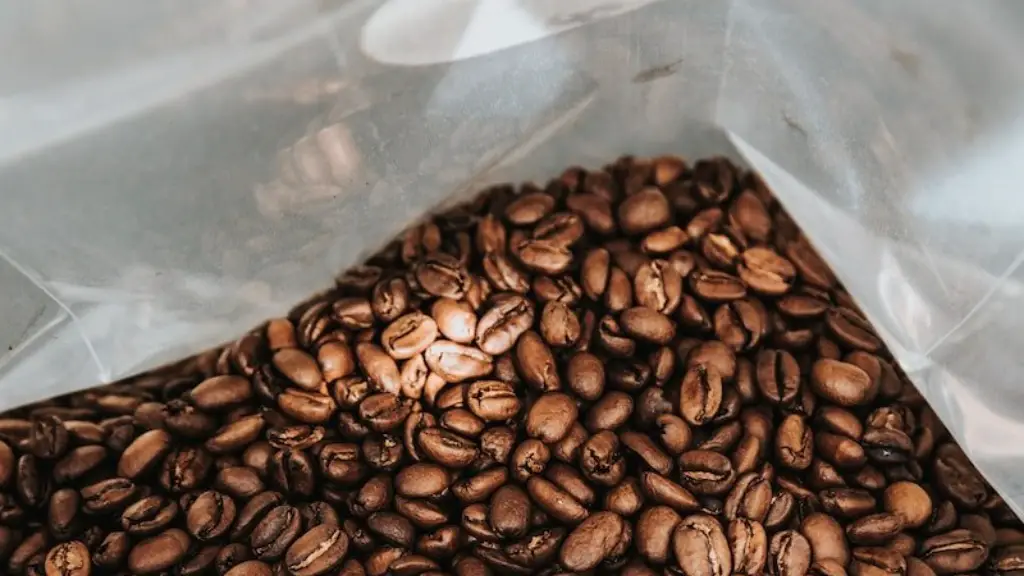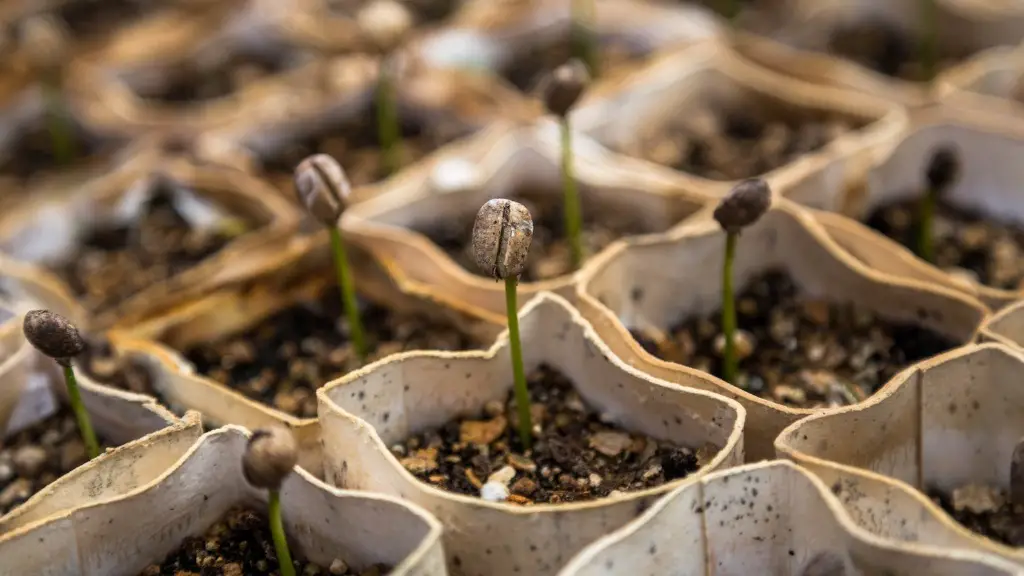Coffee is one of the most popular drinks in the world, and people tend to rely on a cup of joe to help them get through their day. But as with any type of food or beverage, it’s important to consider the potential side effects – particularly when it comes to coffee’s potential to cause constipation.
According to researchers at the National Center for Complementary and Integrative Health, coffee can contribute to dehydration, which often leads to constipation. Coffee is a diuretic, meaning that it increases the rate at which your body sheds fluids. This means that excessive coffee intake can result in dehydration, which can lead to constipation.
The International Foundation for Gastrointestinal Disorders suggests that coffee drinkers who experience constipation should reduce their coffee intake to one or two small cups of coffee per day. The organization also recommends that coffee drinkers increase their intake of non-caffeinated fluids or drinks over coffee, such as herbal teas, to help keep their fluid levels balanced.
At the same time, studies have found that drinking coffee can also have beneficial effects on constipation. According to researchers at the National Institute of Diabetes and Digestive and Kidney Diseases, several compounds in coffee have laxative effects. These compounds help increase fluid levels and soften the stool, resulting in a more comfortable and regular bowel movement.
Coffee and Lifestyle Choices
It’s important to consider that coffee consumption is just one factor in constipation prevalence. Your lifestyle choices, daily diet, and even the physical space you inhabit can all contribute to digestive irregularity.
Dr. Erich Braun, gastroenterologist at New York Presbyterian Hospital, explains that a diet that is low in fiber and high in processed foods, as well as a sedentary lifestyle, can contribute significantly to constipation. He suggests that people change their diets to include plenty of fiber-rich foods, fruit and vegetables, and whole grains, as well as adding exercise into their daily routine.
Dr. Jaime Fridman, a gastroenterologist at Weill Cornell Medicine, also highlights the importance of having a regular bathroom schedule. She recommends avoiding excessive liquid consumption close to bedtime and aiming for at least one bowel movement a day, allowing for regularity and comfort.
When to Seek Medical Treatment?
If lifestyle modifications do not improve your constipation, then you may need to seek additional medical treatment. Dr. Fridman and Dr. Braun both emphasize that there are a range of medications, such as osmotic laxatives and stool softeners, that can be taken to alleviate constipation.
If you’re still not finding relief after trying lifestyle modifications and medications, then it’s important to see a gastroenterologist. In more severe cases, the doctor may suggest undergoing a colonoscopy to further examine the digestive tract.
Takeaway
Even though coffee might be a contributing factor to your constipation, it should not be considered the sole cause. It is important to assess your dietary and lifestyle choices to identify potential causes and address them. If lifestyle modifications and medications do not alleviate your constipation, then it is important to seek medical advice from a gastroenterologist.
Coffee Alternatives
If you find that coffee causes excessive constipation, then there are many coffee alternatives out there that may fill its place. A great starting point is herbal teas, which can help provide an energy boost without the caffeine. There are also teas such as matcha and green tea that are full of antioxidants and offer a healthy dose of caffeine without the same levels as coffee.
If you’re looking for something a little smoother and sweeter, another option is wulong tea. This type of oolong tea is roasted and has a sweeter flavor than green tea.
For those looking for something that feels more like coffee, there are also various types of coffee-free beverages on the market, such as the popular Kombucha. This flavorful and fizzy drink can help provide energy without the caffeine content of coffee.
Health Benefits of Coffee Alternatives
Herbal teas and coffee-free beverages have a range of health benefits that can help improve general wellbeing. Teas such as matcha can contain compounds known as catechins, which are used as an antioxidant to protect cells from damages. Wulong tea can likewise contain antioxidants and help reduce cholesterol levels in the body.
Kombucha is made from tea, and has beneficial bacteria that can help improve digestion and aid with other stomach complaints. It also contains a range of beneficial probiotics, which can help boost your immunity and improve overall health.
Consult with Your Doctor
Although it is recommended to reduce coffee intake or switch to coffee alternatives, it is important to consult with your doctor first. Depending on your medical condition and history, they may advise against these changes, or provide advice on how to safely introduce these modifications.
At the end of the day, it is up to you to decide how you want to approach managing your constipation. If you are uncertain of your options, it is important to consult a healthcare professional so that you can make informed decisions about your health.
